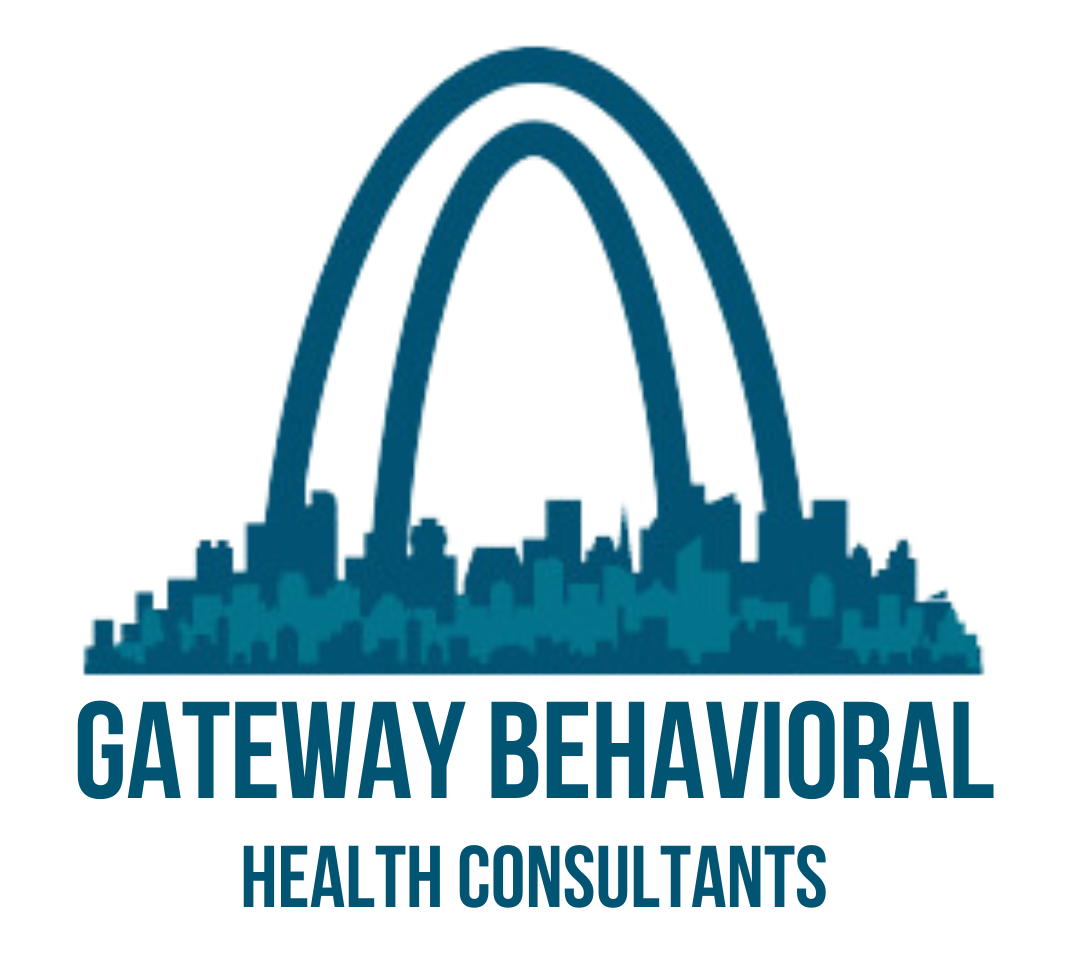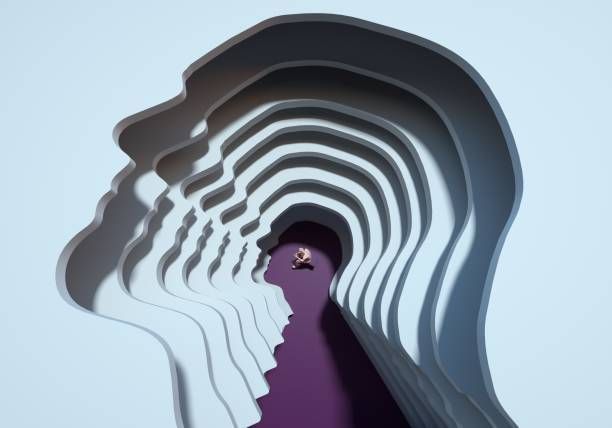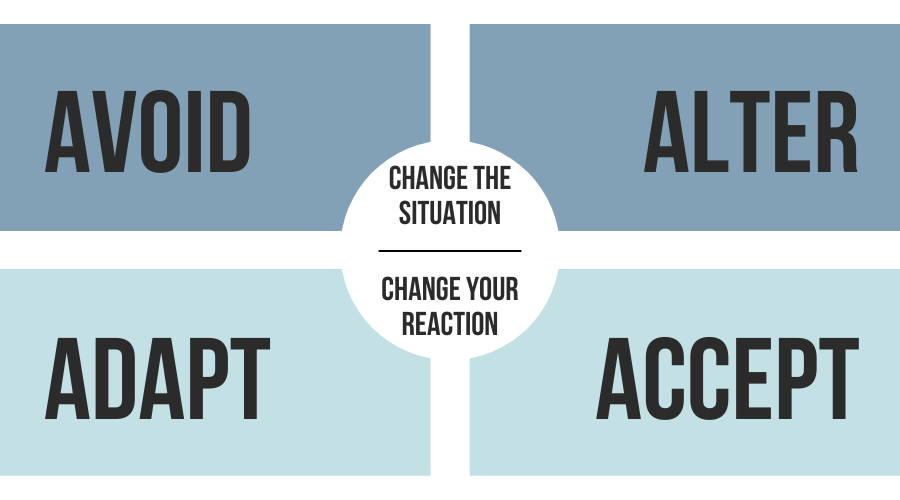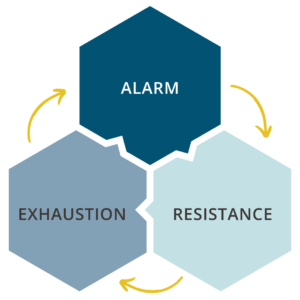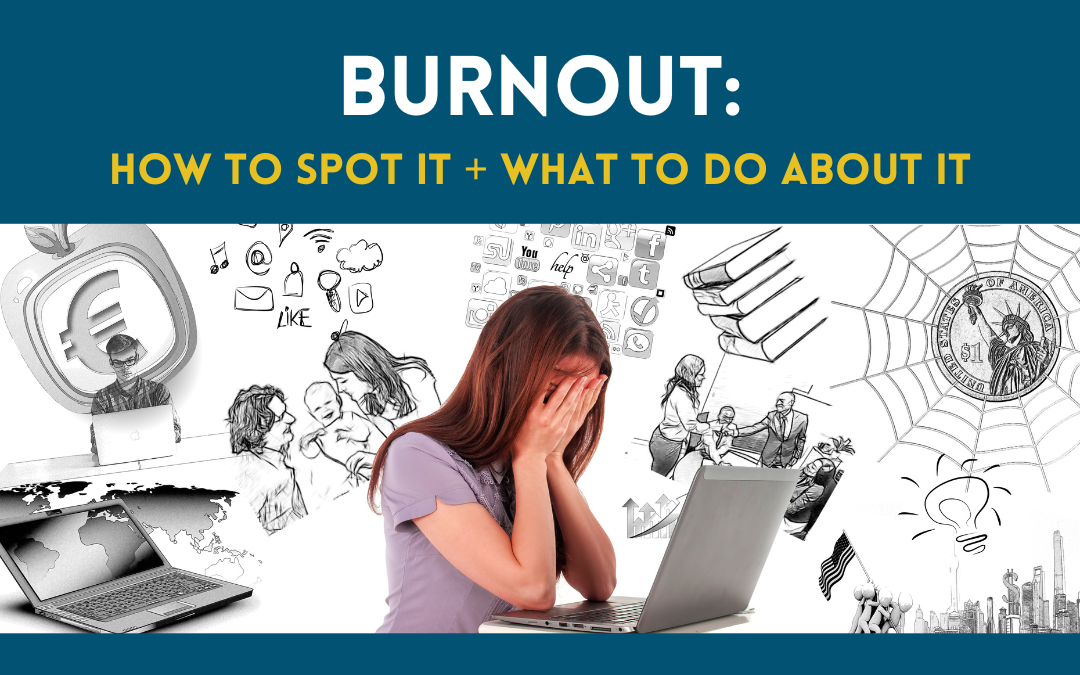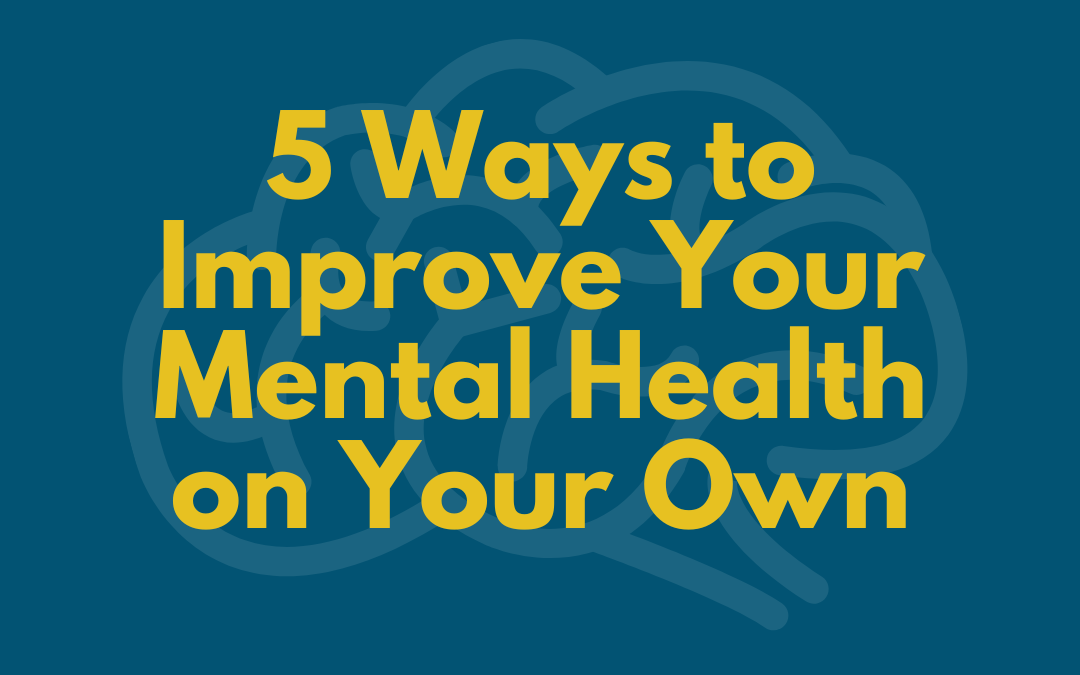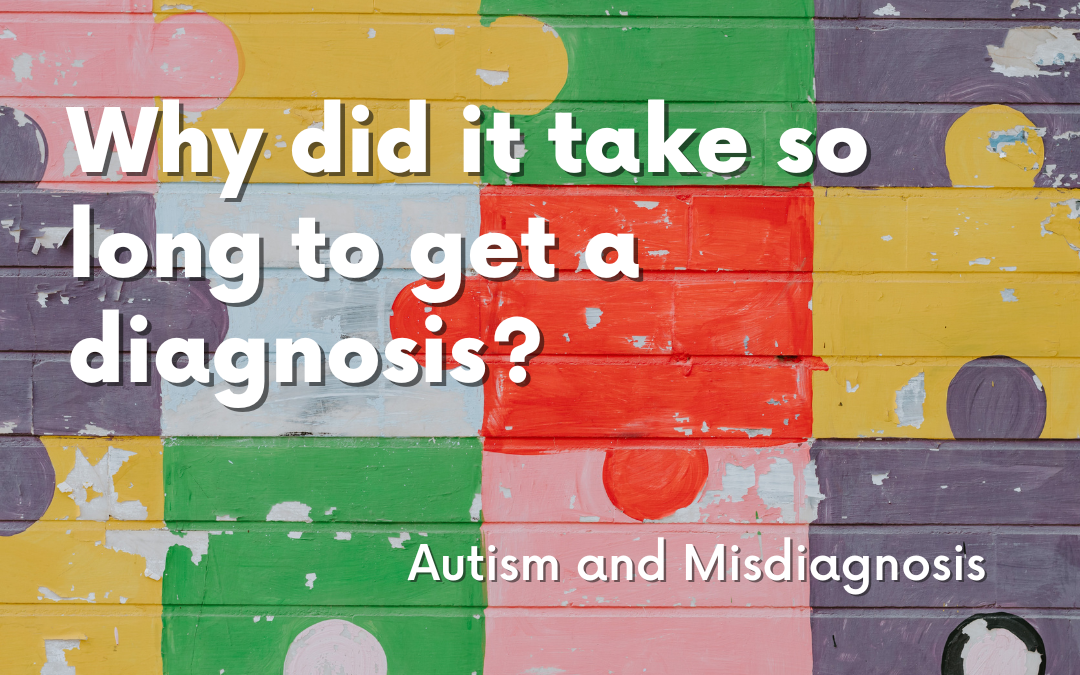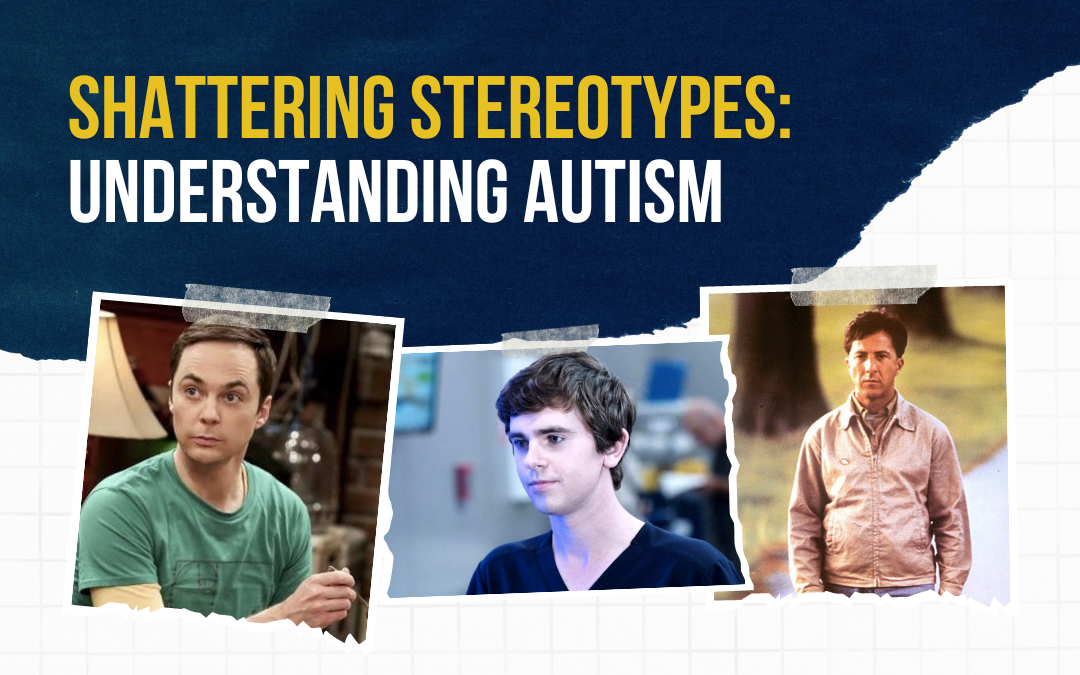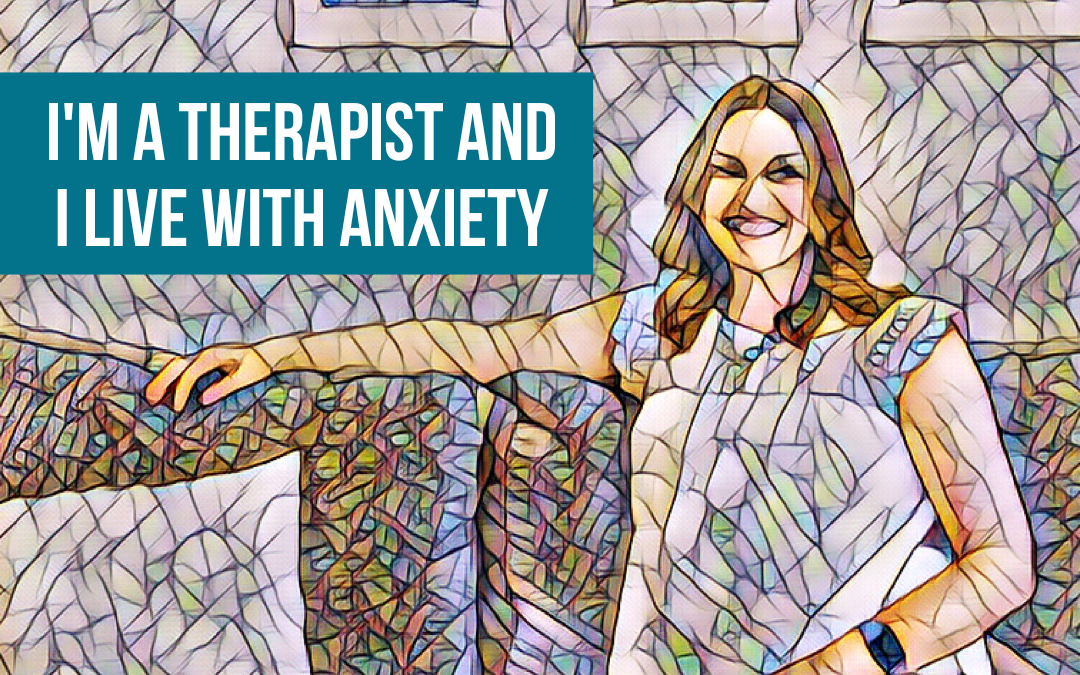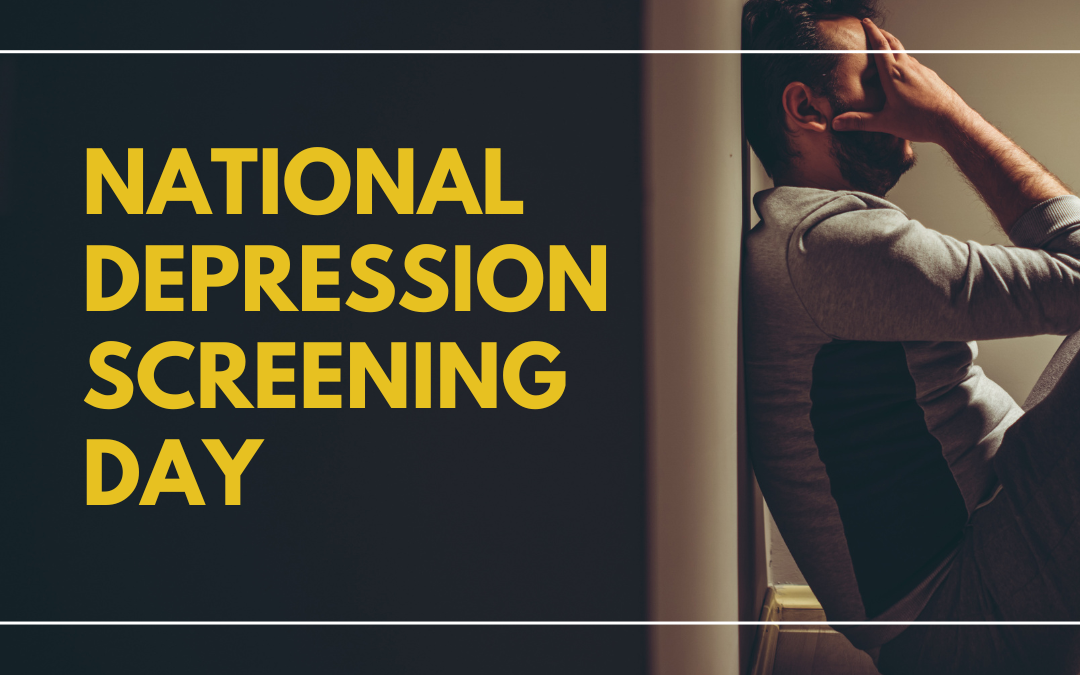The Stress Cycle
I always feel stressed!
If you often feel stressed, you may have a good reason for this. Stressors can be found all around us. Sometimes they even pile on top of each other and just seem to keep coming! Stress has a predictable cycle with distinct phases.
Has anyone ever told you just to reduce your stress?! Unfortunately this isn’t always practical. While reducing stressors where possible can be helpful, some stressors are outside of our control and inevitable. Finding ways to complete the stress cycle is a more effective strategy to deal with stress!
A Stress Cycle?! What is that and how in the world you complete the stress cycle?!
No worries! We are going to break it down and provide you with some helpful strategies to cope with stress in your daily life. Just keep reading!
Why do we experience stress?
Our brains are constantly receiving information from the environment to assess the effort our body needs to meet demands. We feel stressed when our brain is preparing us to do something. Our body releases hormones to make sure you respond effectively and efficiently to the demands. When you experience stress you may notice a faster heart rate, breathing heavier, physical tension, increased blood pressure, nausea, and dizziness just to name a few. Your brain and body exert significant energy in response to stress to provide you with the necessary resources to meet environmental demands.
Stress follows a predictable cycle. While each phase serves a purpose, the last phase – coping – determines how stress impacts our physical and mental health! The stages of stress are as follows:

Good vs. Bad Stress
Stress is a valuable tool that helps you meet the demands of the environment. The stress response is most helpful when it is short term and limited. Most people experience some level of stress in response to school and work. This stress alerts our body that we need to prepare for this demand. Researching, preparing, and working on the upcoming project is a healthy response to this type of stress. If you meet this deadline and feel confident in your ability to complete these projects in the future, the stress response was helpful.
Our bodies are not built to be in a constant state of stress. When we experience continuous stress, feel unable to manage stress, or do not allow our bodies to replenish after stressors, the response becomes harmful. Chronic stress can lead to fatigue, difficulty sleeping, irritability, anxiety, changes in appetite, increased risk for illness, higher likelihood of addictive behaviors, and shorter life expectancy.
Sometimes, we do not have the time and resources to adequately meet demands or opportunity to recover following stressors. Additionally, we may use unhealthy coping skills in response to stress, such as using alcohol or substances, self-harm, or engaging in other risky behaviors. Our body needs to feel safe and secure after experiencing stress. Using healthy coping skills and allowing ourselves time to recover is how you complete the stress cycle in a way that promotes wellness!
What are healthy ways to complete the stress cycle?
It’s important to note coping styles are dependent on several factors such as personal preference, stress level, and the intensity of your emotions. That being said, there are several strategies you can use to complete the stress cycle. Here are a few suggestions:
- Make time to rest and relax after stressful situations
- Take a few deep breaths
- Move your body – walking, yoga, and exercise are all great options
- Listen to music
- Take time to reflect on your feelings
- Find someone to talk with about how you feel
- Journal
- Create something
- Practice mindfulness
- Say or do something kind for yourself
If you find yourself continuing to struggle with managing stress or experiencing chronic stress it may be a sign you need additional support! Our therapists have a ton of experience and resources helping clients with managing stress. Contact us today to schedule a consultation to see if we can help you!
The post The Stress Cycle appeared first on Gateway Behavioral Health Consultants.
- Mon - Fri
- -
- Sat - Sun
- Closed
Evenings Available By Appointment

